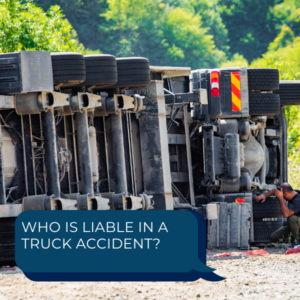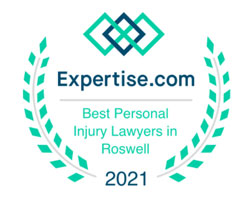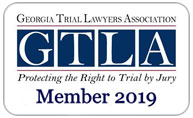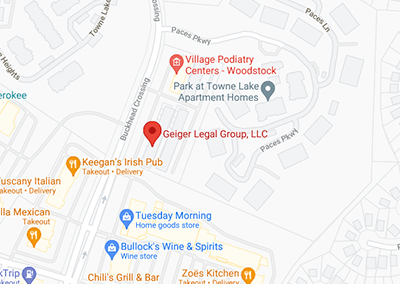Who Is Liable in a Truck Accident?

If you suffered injuries in a truck accident at little to no fault of your own, you have a legal right to pursue compensation from the parties responsible for the crash. However, truck accident cases often involve multiple defendants and high monetary stakes. In turn, this can lead to very complex litigation and an aggressive defense.
Fortunately, you do not have to face the process alone. Geiger Legal Group, LLC, is here to help. Contact us today to schedule your free, no-obligation consultation with a skilled truck accident lawyer. Read on to learn more about liability in truck accident lawsuits.
Why Are There So Many Sources of Liability in Truck Accident Lawsuits?
Truck accident lawsuits often involve multiple sources of liability because the trucking industry is characterized by a complex, multi-layered network of relationships between many stake holders. Negligence on the part of any of these individuals or entities can give rise to a truck crash. When one does occur, the parties tend to deny responsibility and shift blame among themselves, creating a headache for injured plaintiffs. Among others, parties that could be responsible for a truck accident include:
- Truck drivers
- Trucking companies
- Truck owners
- Loading companies
- Freight brokers
- Truck mechanics
- Truck and part manufacturers
How Do You Prove Liability in a Truck Accident Lawsuit?
More often than not, proving liability for a truck accident requires showing that the negligence, recklessness, or wrongful actions of a truck driver or trucking company caused the crash. Negligence occurs when someone fails to take a reasonable level of care to avoid harming others, thereby causing an accident. Some common examples of negligence that lead to truck accidents include the following:
- Following too closely
- Failing to yield the right-of-way
- Unsafe turns or lane changes
- Drowsy driving
- Drunk driving
- Speeding
- Unsafe loading or poorly secured cargo
Plaintiffs in truck accident cases may also base their claim on the legal theory of negligence per se. Under this legal doctrine, a party can be held negligent solely because they caused an accident by violating safety regulation designed to keep roads safe.
This can be particularly relevant in trucking accidents because truck drivers and trucking companies must follow many state and federal safety regulations (e.g., hours-of-service (HOS) regulations, vehicle inspection/maintenance requirements, stricter blood alcohol content (BAC) limits, and specialized licensing/certification requirements).
What Compensation Is Available Through a Truck Accident Lawsuit?
In a truck accident claim, you may have the right to recover compensation for the economic and non-economic impact your injuries and losses have on your life. For example, you may be compensated for things like:
- Medical costs of treating and rehabilitating your injuries
- Cost of long-term care and support if you are left permanently disabled
- Loss of income from time missed at work during recovery
- Lowered earning capacity if you can no longer work as before
- Physical pain and suffering
- Permanent scarring and disfigurement
- Emotional distress
- Vehicle repair, replacement, and related expenses (e.g., car rentals)
Is There a Deadline for Filing a Truck Accident Lawsuit?
Yes. Georgia’s statute of limitations sets a deadline of two years to file a personal injury lawsuit after a truck accident. Filing a suit after the deadline passes nearly always destroys your right to recover compensation in civil court. Contact a Georgia truck accident lawyer as soon as possible after a crash to get started on the road toward compensation before the deadline nears.
Contact Geiger Legal Group for a Free Case Review with an Experienced Truck Accident Lawyer
If you were injured in an auto accident caused by a negligent truck driver or trucking company, let the truck accident attorneys at Geiger Legal Group, LLC, fight for you. Contact us today to schedule a free, no-obligation consultation. We are here to help, and you pay nothing unless we win your case.














